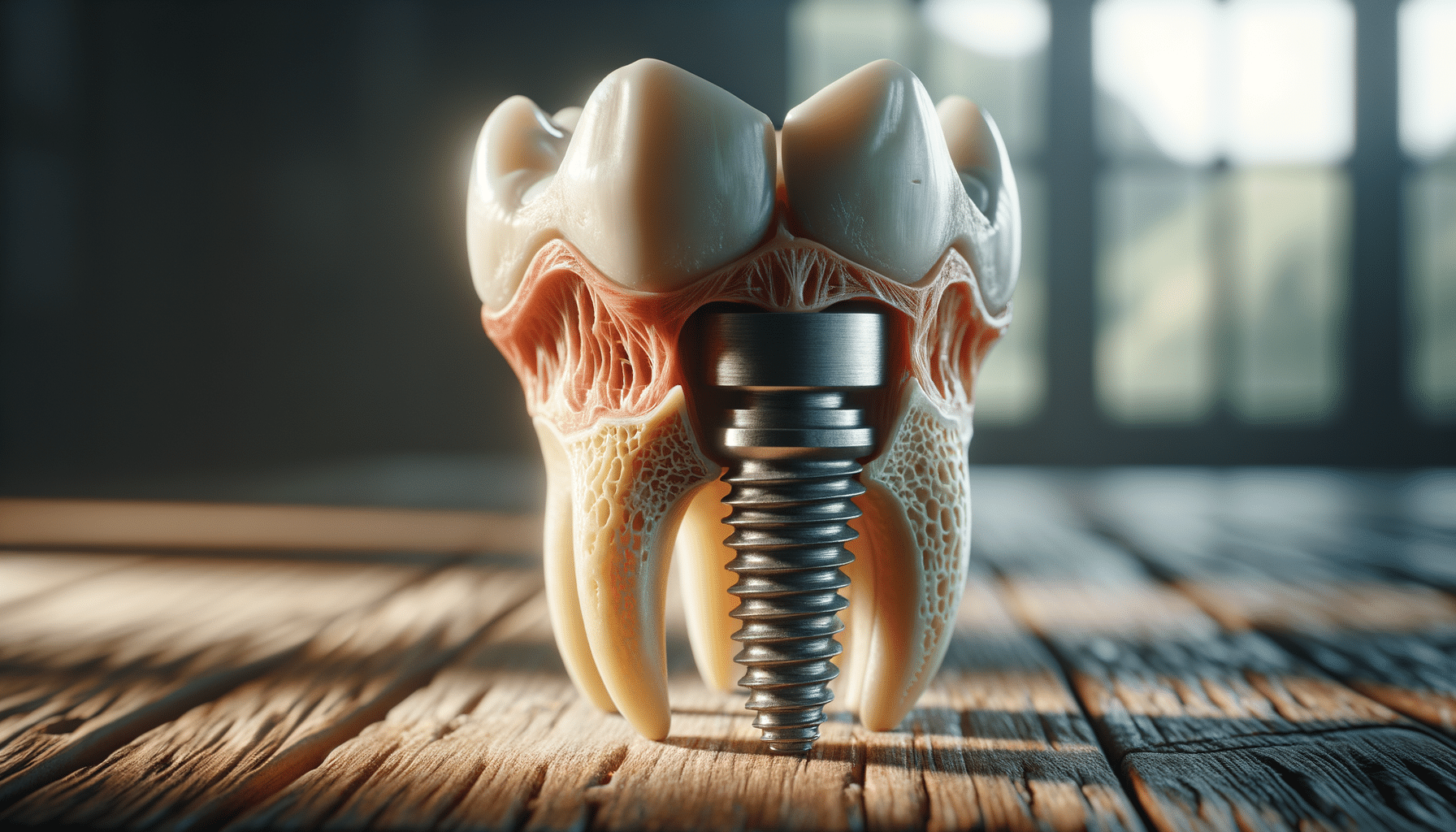
Learn About Dental Implants
Understanding Dental Implants
Dental implants are an innovative solution for individuals seeking to replace missing teeth. Unlike traditional dentures or bridges, dental implants offer a more permanent and natural-looking alternative. This process involves surgically inserting a metal post into the jawbone, which acts as a root for the artificial tooth. Over time, the bone grows around the implant, securing it firmly in place.
The significance of dental implants lies in their ability to mimic the function and appearance of natural teeth. They are designed to provide a robust foundation for fixed or removable replacement teeth, ensuring that they match the natural ones. Dental implants have gained popularity due to their durability and the comfort they provide, making them a preferred choice for many seeking dental restoration.
Choosing dental implants can enhance your oral health, improve speech, and increase comfort. They are renowned for their ability to integrate with the bone, which helps in maintaining the structure of the jaw. This integration prevents the bone loss that often occurs when teeth are missing. Dental implants are also known for their longevity, often lasting a lifetime with proper care.
The Procedure: What to Expect
The dental implant procedure is typically executed in several stages, each crucial to the success of the treatment. Initially, a comprehensive assessment is conducted to ensure that the patient’s jawbone is suitable for an implant. This involves X-rays and possibly 3D images to evaluate the condition of the bone and plan the surgery.
Once deemed suitable, the first step involves surgically placing the implant into the jawbone. This is followed by a healing period, often several months, during which the implant integrates with the bone in a process known as osseointegration. This phase is critical as it ensures the stability and strength of the implant.
After successful integration, an abutment is attached to the implant. This serves as a connector between the implant and the artificial tooth. Finally, the custom-made crown is placed onto the abutment, completing the restoration process. The entire procedure requires patience and commitment but offers significant benefits in the long term.
Benefits of Dental Implants
Dental implants offer numerous advantages over other tooth replacement options. One of the primary benefits is their ability to preserve the natural bone. When a tooth is lost, the jawbone can deteriorate over time. Implants stimulate the bone and prevent this deterioration, maintaining the natural shape of the face and jaw.
Furthermore, dental implants provide unparalleled stability. Unlike dentures that can slip or cause discomfort, implants are securely anchored, allowing individuals to speak and eat with confidence. They eliminate the discomfort of removable dentures and do not require the reduction of adjacent teeth, as in the case of bridges.
The aesthetic appeal of dental implants is another significant advantage. They are designed to look and feel like natural teeth, enhancing the overall appearance and boosting self-esteem. Their durability and ease of maintenance make them a highly regarded option for those looking to restore their smile permanently.
Considerations and Costs
While dental implants offer many benefits, several considerations should be taken into account. The cost of dental implants can be higher than other tooth replacement options. However, their long-term durability and the benefits they provide often justify the initial investment.
It’s essential to consult with a dental professional to determine if implants are the right choice. Factors such as overall health, jawbone condition, and oral hygiene habits play a crucial role in the success of the implant. Individuals with certain medical conditions or those who smoke may face additional challenges.
Despite the higher upfront costs, dental implants can lead to cost savings over time. Their longevity and low maintenance requirements mean fewer visits to the dentist and less need for repairs or replacements compared to other options.
Conclusion: A Lasting Solution
Dental implants represent a remarkable advancement in dental technology, offering a lasting solution for tooth loss. They provide a robust and natural-looking alternative to traditional dentures and bridges, enhancing both function and appearance.
For those considering dental restoration, implants offer significant benefits, including improved oral health, enhanced confidence, and long-term cost-effectiveness. While they require a substantial initial investment and commitment, the outcomes are often life-changing.
Consulting with a dental professional can help determine if dental implants are the right choice for you. With proper care and maintenance, they can offer a lifetime of benefits, preserving both your smile and your oral health.


